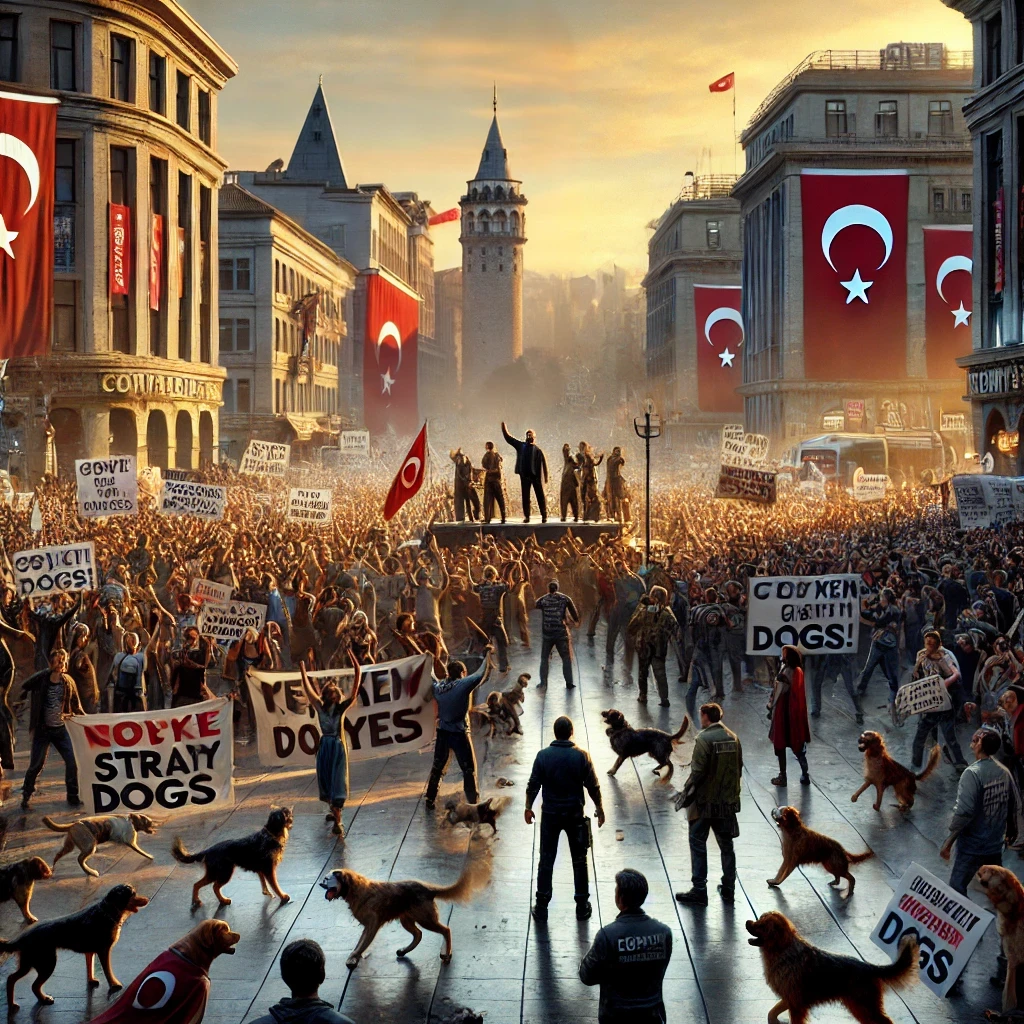In the not-so-distant past of British television, crime dramas featuring charismatic, maverick detectives dominated prime-time schedules. While the viewing figures for these shows have significantly decreased, they continue to thrive in the realm of TV dramas. Such detective series typically adhere to two defining principles: the presence of an emotionally intelligent, workaholic protagonist who sees what others cannot, and an evocative location that hosts unique criminal activities only they can solve. One show that fits this mould is The Turkish Detective, based on the Inspector Ikmen novels by British crime writer Barbara Nadel.
Developed by a British showrunner, The Turkish Detective is produced by Turkish company Ay Yapim for the multinational service Paramount+. Interestingly, despite its British roots, the series did not receive a UK release on Paramount+ and instead premiered on BBC2 and iPlayer after being acquired by the BBC. This cross-cultural production highlights a fascinating blend of British and Turkish storytelling.
The show begins with the arrival of Mehmet Süleyman (played by Ethan Kai) at Istanbul airport, an officer “transferred” from London, implying that Turkey is merely another district in the global empire of the British Constabulary. Süleyman claims to have had the “wrong name, wrong skin, wrong religion” for the Met, but he serves as a relatable figure for the British audience. His initial misunderstanding of his new boss Çetin İkmen (portrayed by Haluk Bilginer), mistaking him for a driver and attempting to arrest him, humorously introduces the cultural and procedural differences between London and Istanbul. Despite Süleyman’s limited grasp of Turkish, which conveniently allows for most conversations to be in English, he quickly becomes adept at uncovering clues that others miss.
As Süleyman delves into his new role, the show offers a tourist’s view of Istanbul through wide-angled shots of its skylines, bustling streets, stray cats, and the shimmering Bosporus. These picturesque scenes, however, contrast with the series’ central figure, Ikmen, the quintessential maverick detective. His character is defined by his twinkly eyes, chain-smoking habit, and frequent clashes with his superiors – tropes familiar to fans of TV detectives like Frost, Lewis, Luther, and Grace.
The portrayal of Istanbul as an exotic yet safe city aligns with the team’s relatively low-risk caseload involving influencers, rap impresarios, and rubbish collectors. The narrative shifts focus from the central crimes to the personal backstories of the officers, particularly Süleyman. His ongoing secret investigation into a past incident involving a former girlfriend and his relationship with his estranged Turkish father add layers to his character, though these subplots sometimes lack depth and resolution.
Ikmen’s domestic life initially offers more intrigue. His second wife has a new baby, and his older children begin to rebel due to his neglect. However, the excessive exposition rather than action-driven storytelling diminishes the impact of these family crises. In one scene, Ikmen discusses his troubles with the wealthy father of a victim, noting a Dylan Thomas book on the man’s shelf – an unexpected literary reference in this Turkish setting. Later, this book becomes a tool for Ikmen to recite to the unconscious man, urging him to “rage against the dying of the light,” blending poetry with detective work in a somewhat contrived manner.
Despite Haluk Bilginer’s charismatic performance, the series’ imperialist undertones and clichéd dialogue undermine its potential. The otherwise skillful direction by Niels Arden Oplev is overshadowed by these script issues, which prevent the show from fully realizing its promise.
Reflecting on Alan Plater’s vision from 30 years ago, where he advocated for a future of world television sharing unique, local stories, The Turkish Detective seems to fall short. Instead of presenting an authentic Turkish narrative, it offers a story that feels like a retelling of familiar themes through a British lens. This highlights a missed opportunity in the age of globalised television to truly embrace diverse, culturally rich storytelling.





